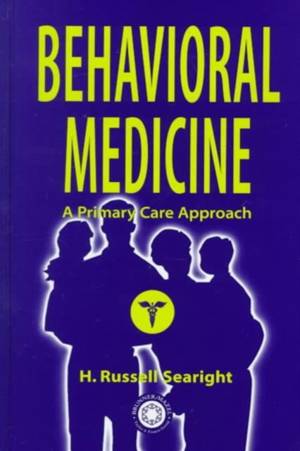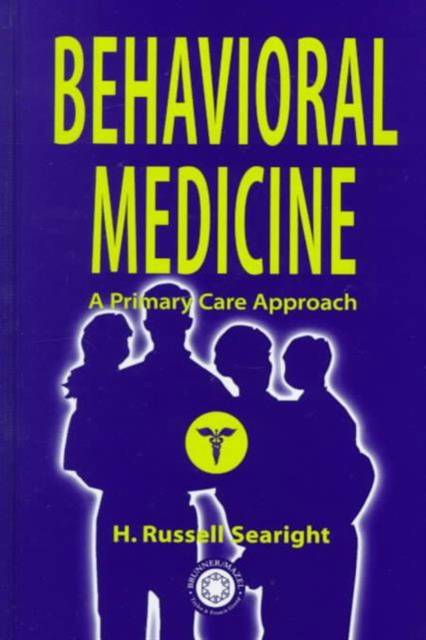
En raison d'une grêve chez bpost, votre commande pourrait être retardée. Vous avez besoin d’un livre rapidement ? Nos magasins vous accueillent à bras ouverts !
- Retrait gratuit dans votre magasin Club
- 7.000.000 titres dans notre catalogue
- Payer en toute sécurité
- Toujours un magasin près de chez vous
En raison de la grêve chez bpost, votre commande pourrait être retardée. Vous avez besoin d’un livre rapidement ? Nos magasins vous accueillent à bras ouverts !
- Retrait gratuit dans votre magasin Club
- 7.000.0000 titres dans notre catalogue
- Payer en toute sécurité
- Toujours un magasin près de chez vous
132,95 €
+ 265 points
Format
Description
Recent changes in medical practice have placed greater emphasis on primary health care. Some of the specialities these primary caregivers provide include family medicine, pediatrics, and internal medicine. In addition, primary care physicians treat the majority of patients with psychiatric problems and also attempt to address psychosocial issues accompanying medical illnesses. In order to have optimal impact in the changing health care system, mental health professionals will need to function in this context.
Behavioral Medicine: A Primary Care Approach was written to assist mental health providers in addressing psychological disorders as they arise in a medical setting and sensitize all health care providers to the psychosocial aspects of many common illnesses. Most mental health professionals have little training for the unique challenges of primary care. In addition to efficient symptom-focused assessment and treatment, skills in consultation and collaboration with non-psychiatric physicians are critical common psychiatric disorders including depression, anxiety disorders, and dementia often co-exist with medical problems and are difficult to diagnose. Practicing in the primary care sector also raises unique cultural and ethical-legal concerns for mental health professionals. Behavioral Medicine: A Primary Care Approach provides a comprehensive description of these issues.Spécifications
Parties prenantes
- Auteur(s) :
- Editeur:
Contenu
- Nombre de pages :
- 200
- Langue:
- Anglais
Caractéristiques
- EAN:
- 9780876309810
- Date de parution :
- 01-12-98
- Format:
- Livre relié
- Format numérique:
- Genaaid
- Dimensions :
- 159 mm x 238 mm
- Poids :
- 498 g

Les avis
Nous publions uniquement les avis qui respectent les conditions requises. Consultez nos conditions pour les avis.






